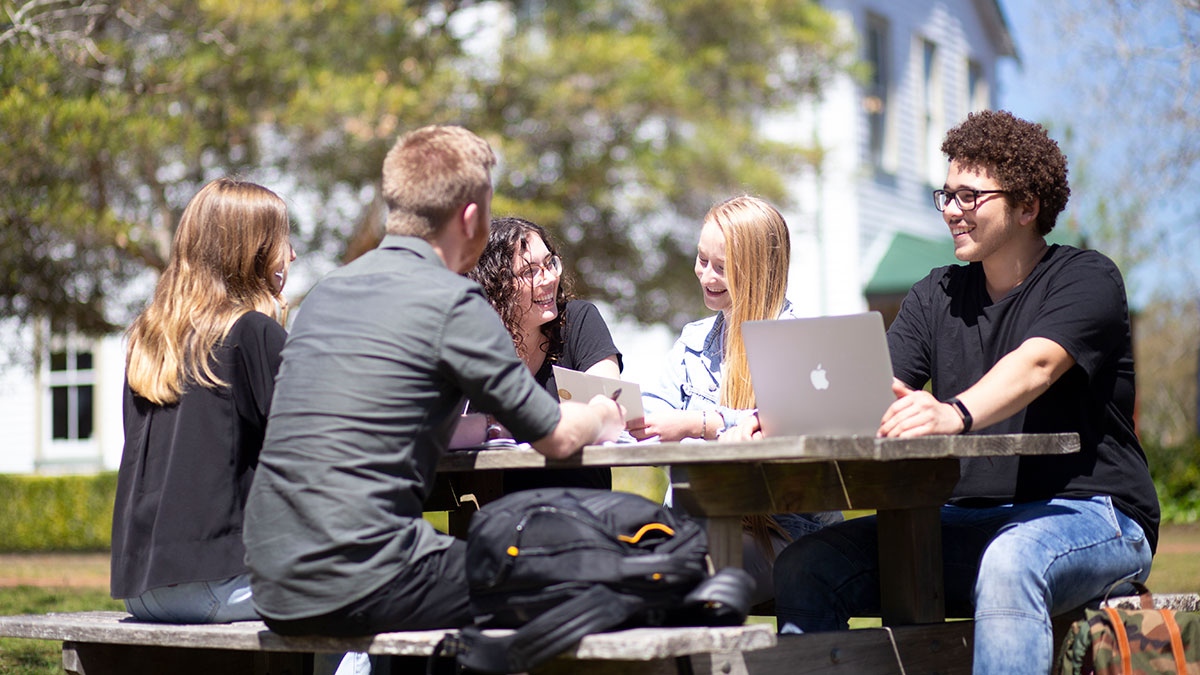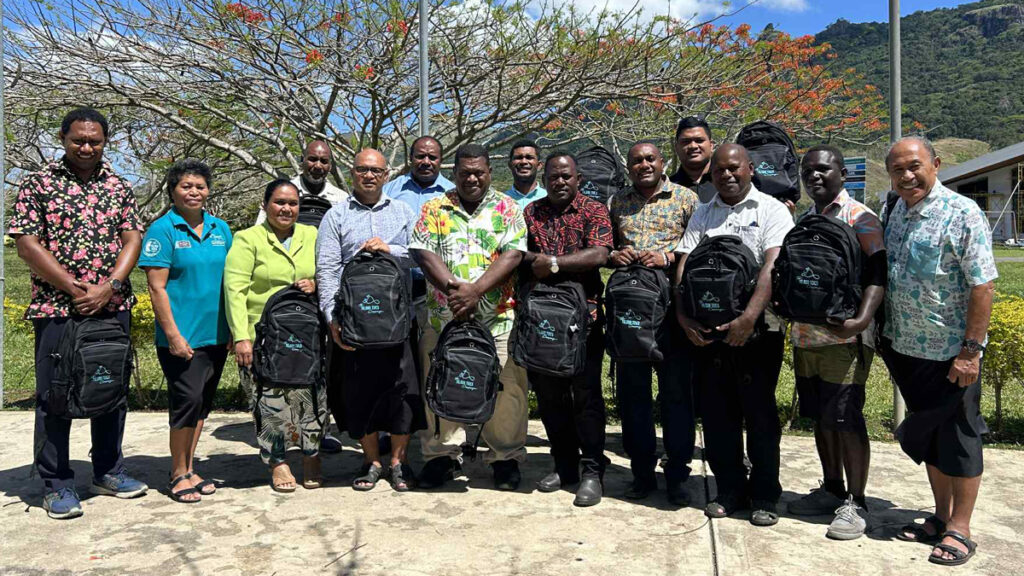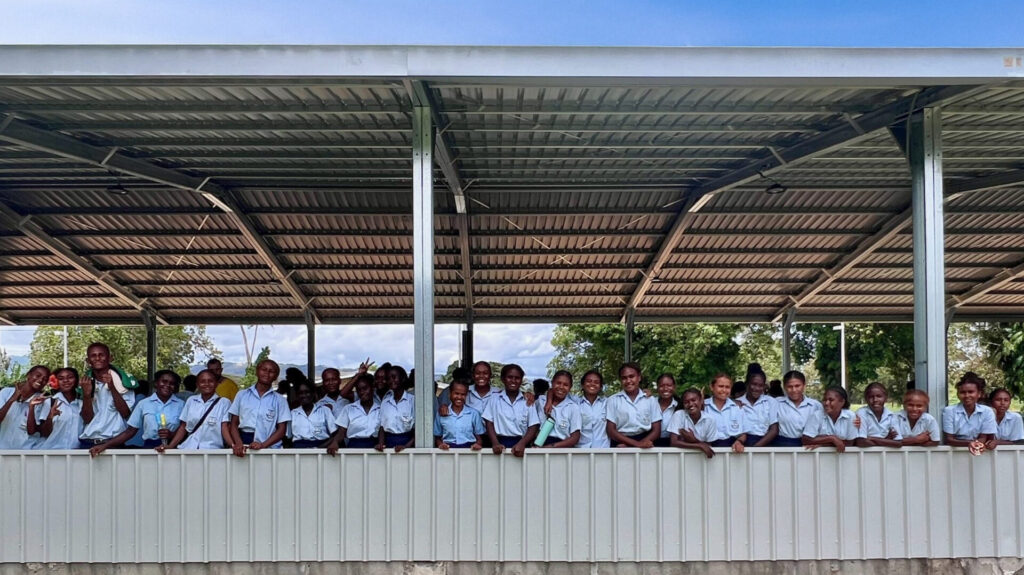Personal experience as a university dropout and professional interest in mentoring has motivated Avondale University College’s vice-chancellor to provide more support for first-year students.
Professor Kevin Petrie says the thrive-not-survive program Student Life Services is piloting this semester would have helped him. “I dropped out of university twice before finally finding my feet and sticking with it.” Professor Petrie has been teaching a unit on mentoring as part of the Master of Education course, “so I’m familiar with the importance of it and the impact it could make.” But he also realised he had not put the theory into practice since assuming his new role.
Hearing a colleague speak positively about the experience of a friend paired with a mentor after enrolling in a course at another university, Professor Petrie felt Avondale should “do something similar”. Particularly with COVID-19 dictating a transition to delivery of all units by distance mode in semester one, which gave first-year students a disjointed introduction to the so-called “Avondale experience”.
So, an enthusiastic response to the program must be pleasing. It keeps program coordinator Kayla Seuala, the Student Services and Amenities Fee Officer, busy. In the first week of semester two, 96 students signed up to become mentors. One is Natasha Sua, who is now completing a Bachelor of Ministry and Theology at Avondale after beginning courses at five other tertiary institutions. “There are so many things going on in a student’s life. Saying to them, ‘It’s OK. I’ve been through that. You’re not alone.’, makes a big difference.”
Lake Macquarie campus chaplain Pastor Brock Goodall wrote a brief manual for the program based on what he found other universities doing. “A sense of belonging is so important to social, spiritual and academic success,” he says. “This program will help foster that early in a student’s Avondale experience, which will help them not just survive but thrive.”
Seuala is hoping to change what she describes as a “going-it-alone” culture. She contacted 150 first-year students by phone, inviting them to join the program. About 45 signed up and are now paired with a mentor—and more are doing so as assessment task deadlines loom.
The mentors are “relishing” the role of answering “new-to-Avondale” questions and providing connections to support services. “They continue to be 100 per cent enthusiastic, no matter how many emails I send them,” says Seuala. She encourages mentors and mentees to maintain clear, healthy and safe boundaries and regularly checks in on mentors to ensure they do not overload. “Mentors are not best friends or counsellors. They’re accountability partners. We get the best benefit from the program when everyone connects effectively.”






